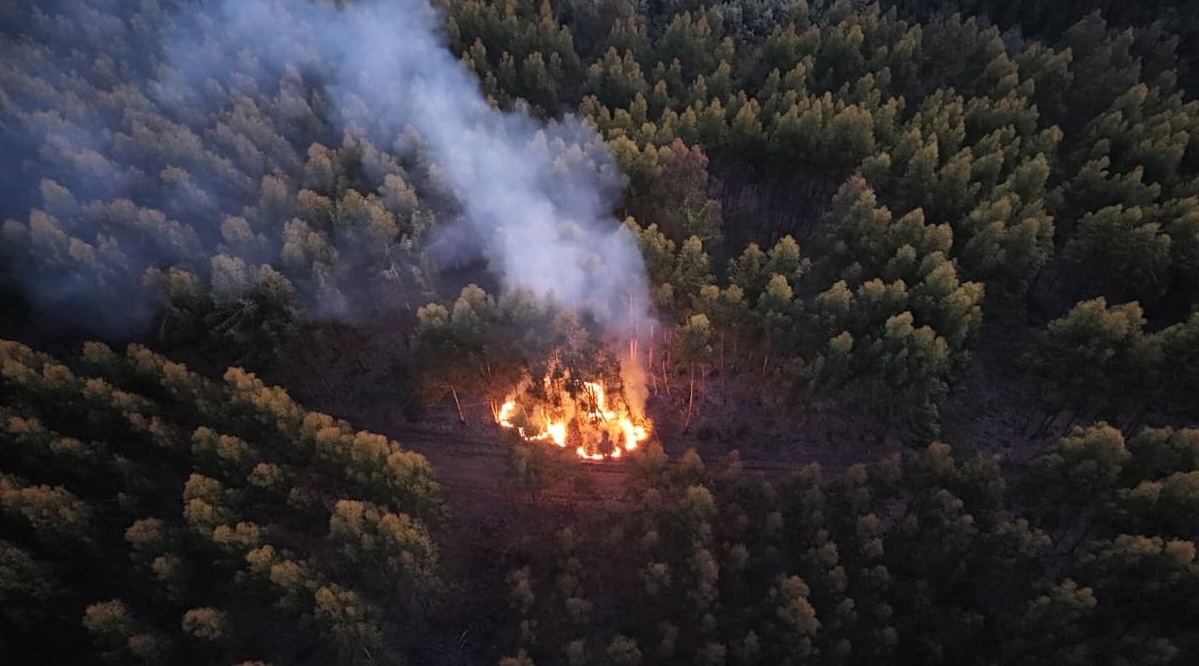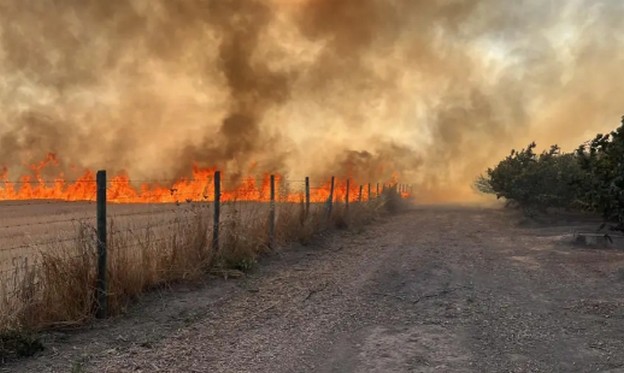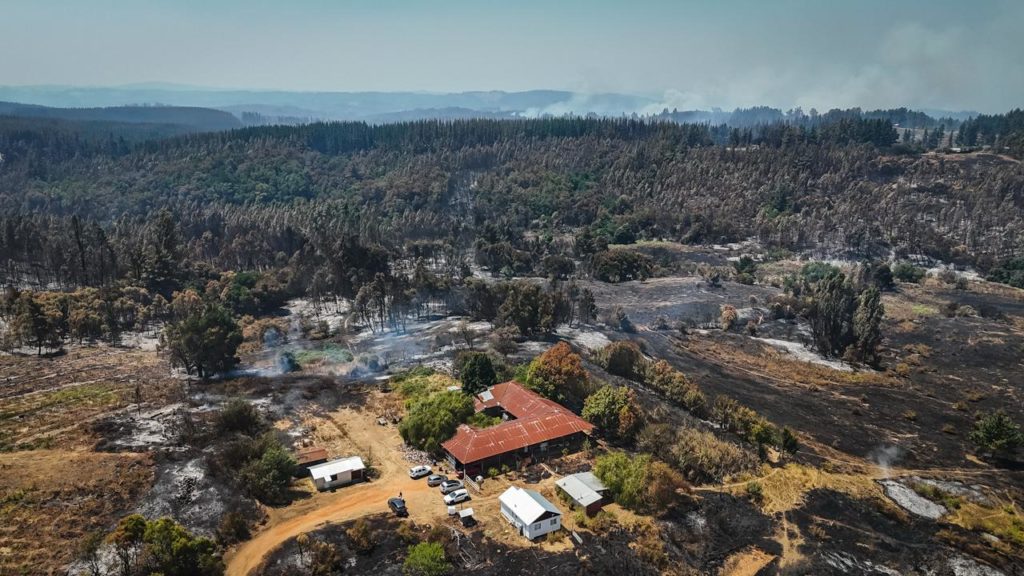The forestry sector views the new tariff scenario in the United States with concern, which came into effect yesterday. The country announced a 10% surcharge on imports of softwood and sawn timber starting October 14, along with a 25% tariff on manufactured wood products.
Additionally, starting in January 2026, these rates would rise to 30% and 50%, respectively, unless a different agreement is reached within the framework of negotiations that the U.S. government is maintaining with countries like Chile.
For Chile's two largest forestry groups, the Angelini and Matte families, this situation is not indifferent. This is despite the fact that—due to their size—they are diversified with productive activities in various countries worldwide, including a direct presence in the United States.
Industry Associations on Alert
The Association of Forestry Contractors (Acoforag) expressed "its deep concern and rejection of this measure (tariffs), which will directly affect employment and the stability of the national forestry sector."
It added that over the last decade, more than 50 contractors have disappeared, and at least 3,500 direct and indirect jobs have been lost. "If the State does not act, the country is heading towards another 'Huachipato case,' this time in the forestry sector, with irreversible social and economic consequences," it stated.
Businessman Roberto Angelini, president of Empresas Copec—which operates in the forestry sector through Arauco—and Francisco Ruiz-Tagle, general manager of Empresas CMPC—the Matte group—commented on how they are facing the new trade context.
Rodrigo O'Ryan, president of the Chilean Wood Corporation (Corma), stated yesterday that the new tariffs on wood exports from Chile to the United States "undoubtedly generate uncertainties... It is still difficult to know how and when we could gauge their real impact, given the complexity of logistics chains and the global economy."
The leader added that "although Chile is not among the countries with the highest rate increases, some will have lower tariffs than us, thus causing Chile to lose competitiveness." At the same time, he maintained that "this comes at a very bad time for the forestry sector, which, affected by timber theft, fires, rural violence, and rising labor and energy costs, is in a very complicated situation."
O'Ryan indicated that, "along with diplomacy, internal measures by the State are required to boost local demand to compensate for the very likely external decline, supporting SMEs and strengthening wood construction."
Arauco
Roberto Angelini stated that they are exploring alternatives to address the tariff scenario. "We must defend ourselves with everything in this, we must reduce costs, make products more efficient, and that's where the struggle is, always with optimism," he told "El Mercurio" yesterday during the Enade meeting.
The president of Empresas Copec admitted that Arauco's diversification of activities allows them to somewhat mitigate the tariff demands. "We have operations in the United States, in various parts of the world, and all that helps to compensate," he affirmed.
In 2018, Arauco began operations of its new MDF (medium-density fiberboard) plant in Grayling, Michigan, United States, following an investment of approximately US$450 million.
Last week, Charles Kimber, Arauco's People and Sustainability Manager, commented that one of the impacts they had already noticed in the industry was a certain pause in the commercial activity of "economic agents" in the U.S. "We have seen a decline in orders, and if there is no good demand, it will undoubtedly affect," he stated.
CMPC
Francisco Ruiz-Tagle, general manager of Empresas CMPC, stated that "the U.S. tariffs are basically affecting value-added products, and I believe that, undoubtedly, for Chilean exports, it is bad that these tariffs exist because it obviously reduces competitiveness, affecting the margins of industries that are naturally competitive."
Regarding the impact of the U.S. measures, the paper company's top executive added that "we will be primarily affected in timber with a 10% tariff. There are no tariffs on pulp, and on cardboard, which is another input we export, it will also be at 10%."
In the forestry sector, it was explained that the United States imposed a 50% tariff on sawn timber from Brazil. Ruiz-Tagle noted that this situation does not impact the company because CMPC's production in that South American country is focused on pulp.
In 2023, the Matte group firm allocated US$40 million in the United States to purchase Powell Valley, which is dedicated to wood remanufacturing products.
Source:El Mercurio







Comments (0)
No comments yet. Be the first to comment!
Leave a comment